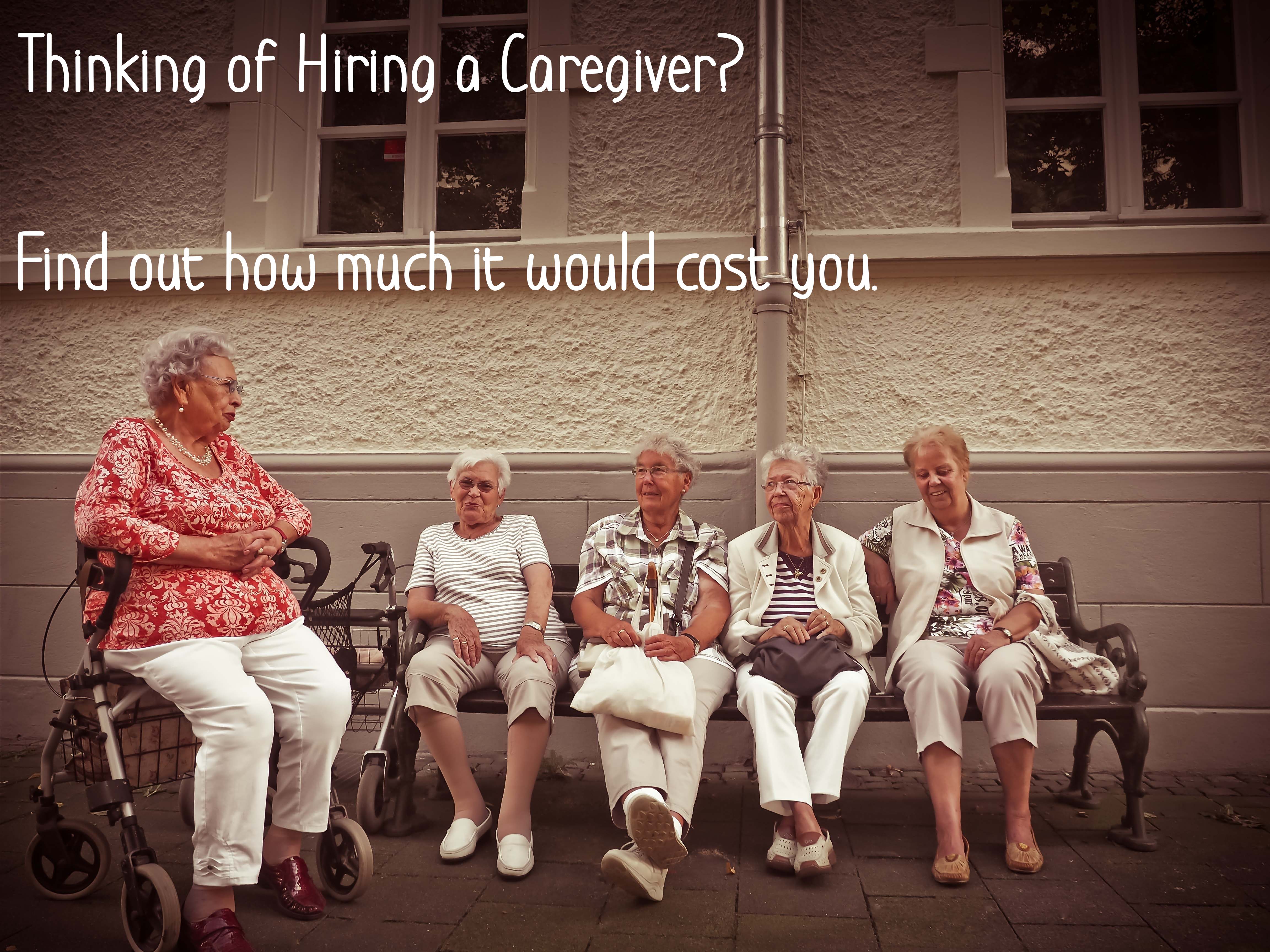Can Sleeping Right Burn Fat?
 If you’re trying to lose weight by cutting calories, make sure to get a good night’s sleep. According to a new study, too little sleep appears to hinder your body’s ability to burn fat.
If you’re trying to lose weight by cutting calories, make sure to get a good night’s sleep. According to a new study, too little sleep appears to hinder your body’s ability to burn fat.
In the study, 10 overweight but otherwise healthy volunteers on a low-cal diet spent four weeks confined to a research lab. Their diets remained the same throughout, but they slept 8.5 hours a night for two weeks, and just 5.5 hours a night for two weeks.
Although the participants lost roughly the same amount of weight (about 6.5 pounds) on each sleep schedule, the makeup of those pounds differed substantially, the researchers found.
When they were sleep-deprived, the participants lost half as much weight in fat and almost twice as much in muscle and other lean body weight, according to the study, which was published in the Annals of Internal Medicine. Lean muscle is important to maintaining weight loss, as it keeps a person’s metabolism running at a healthy clip.
The study participants also reported feeling hungrier when they weren’t getting enough sleep.
“Losing lean body mass is a side effect, not a benefit, of dieting,” says the senior author of the study, Plamen Penev, MD, a professor of endocrinology at the University of Chicago. “It means your body doesn’t burn as many calories and requires fewer to maintain the same weight. But cutting even more calories out of the diet may be difficult when you feel hungrier.”
Dr. Penev adds, “All these things could conspire to make dieting efforts much less effective at the end of the day.”
The study was small, and a laboratory setting in which meals and sleep times are tightly controlled can’t be directly compared to the real world, where people can visit the pantry or refrigerator if they’re feeling hungry. Still, the study sheds light on the possible interaction between sleep loss and weight gain—both familiar menaces for many Americans.
“It’s very difficult to lose weight, so every little bit helps,” says David Rapoport, MD, medical director of the sleep disorders center at the New York University School of Medicine. “If you want to take maximal advantage of your diet, and give yourself the best chance of not being forced to cheat on it by hunger, sleep is very important.”
Article courtesy of Lynne Peeples for Health.com. Edited for length.
- Tags: Tips and Suggestions
- Professional Medical














Comments 0